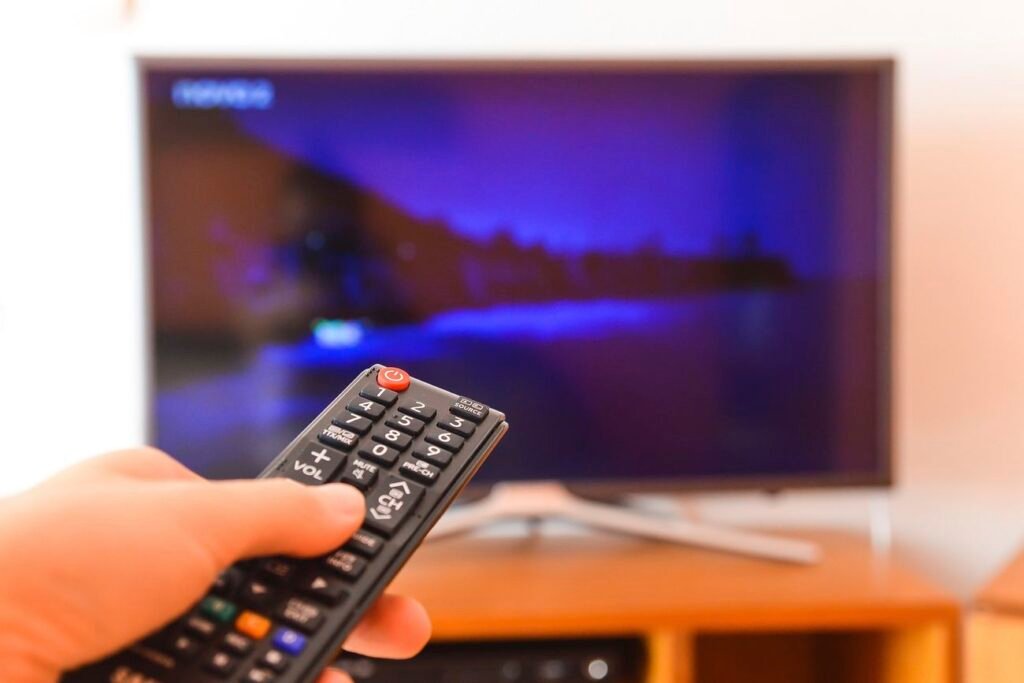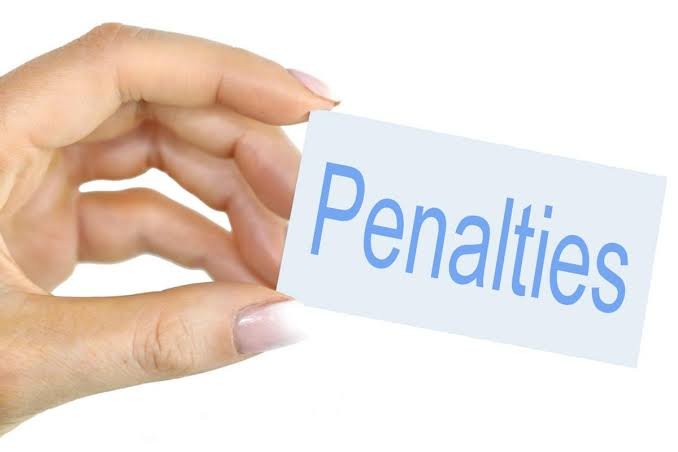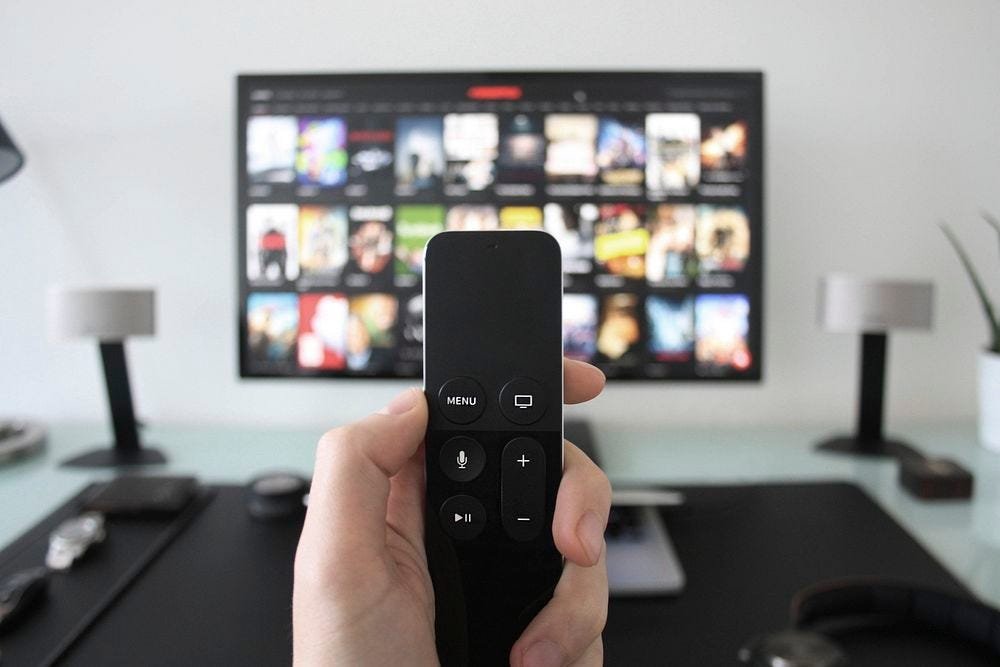
Understanding TV Licensing: A Complete Guide
Television has long been a central part of our daily lives, providing entertainment, education, and news. However, many people are unaware of the intricacies of TV licensing, a legal requirement in many countries. This guide aims to provide a comprehensive understanding of TV licensing, its purpose, who needs it, how to get it, and the implications of non-compliance.
What is TV Licensing?
TV licensing is a legal requirement in many countries that mandates households and businesses to pay a fee for the right to watch live television broadcasts. This fee helps fund public broadcasting services, ensuring a diverse range of high-quality programming without the need for extensive commercial advertising.
Why is TV Licensing Important?
The primary purpose of TV licensing is to support public broadcasters, such as the BBC in the UK, who provide a wide array of programs, including news, educational content, and entertainment, without relying heavily on commercial advertising. This funding model ensures that these broadcasters can maintain editorial independence and offer content that serves the public interest.
Who Needs a TV License?

Whether you need a TV license depends on your viewing habits and the country you live in. Generally, you need a TV license if you:
- Watch or record live TV broadcasts on any device, including TVs, computers, tablets, and smartphones.
- Stream live content from services like BBC iPlayer, regardless of the device used.
However, there are exemptions and concessions available for certain groups, such as people over a certain age, those with disabilities, and students living away from home.
How to Apply for a TV License
Applying for a TV license is usually a straightforward process. Here’s how you can do it:
- Visit the Official Website: Most countries have an official TV licensing website where you can apply online.
- Provide Your Details: You’ll need to provide your personal details, including your name, address, and payment information.
- Choose a Payment Method: Payment options typically include direct debit, credit/debit card, or annual lump sum.
- Receive Confirmation: Once your application is processed, you’ll receive confirmation and your TV license number.
The Cost of a TV License

The cost of a TV license varies by country and sometimes by the type of content you wish to access. For instance, in the UK, a standard color TV license costs around £159 per year, while a black and white license is significantly cheaper. Concessions are available for certain groups, so it’s worth checking if you qualify for a reduced fee.
Exemptions and Concessions
Certain groups may be eligible for a free or reduced-cost TV license. Common exemptions and concessions include:
- Senior Citizens: In some countries, people over a certain age may be entitled to a free or discounted license.
- Students: Students living away from home may qualify for special rates.
- People with Disabilities: Certain disabilities may entitle individuals to a concession.
- Care Homes and Sheltered Accommodation: Special licenses are available for communal areas in care homes and similar accommodations.
TV License Enforcement
TV licensing authorities employ various methods to ensure compliance, including:
- Database Checks: Authorities use databases to identify households without a license.
- Detection Equipment: In some cases, specialized equipment is used to detect live TV signals.
- Home Visits: Enforcement officers may visit properties to check for unlicensed viewing.
Penalties for Non-Compliance

Failing to have a valid TV license when required can result in significant penalties, including fines and legal action. In some countries, repeat offenders may face criminal charges. It’s crucial to understand and adhere to TV licensing laws to avoid these consequences.
Conclusion
TV licensing is a vital part of supporting public broadcasting services, ensuring they can continue to provide high-quality, diverse content free from commercial influence. By understanding who needs a license, how to apply, and the importance of compliance, you can enjoy your favorite TV programs with peace of mind. Make sure to check your local regulations and ensure you’re properly licensed to avoid any legal issues.





